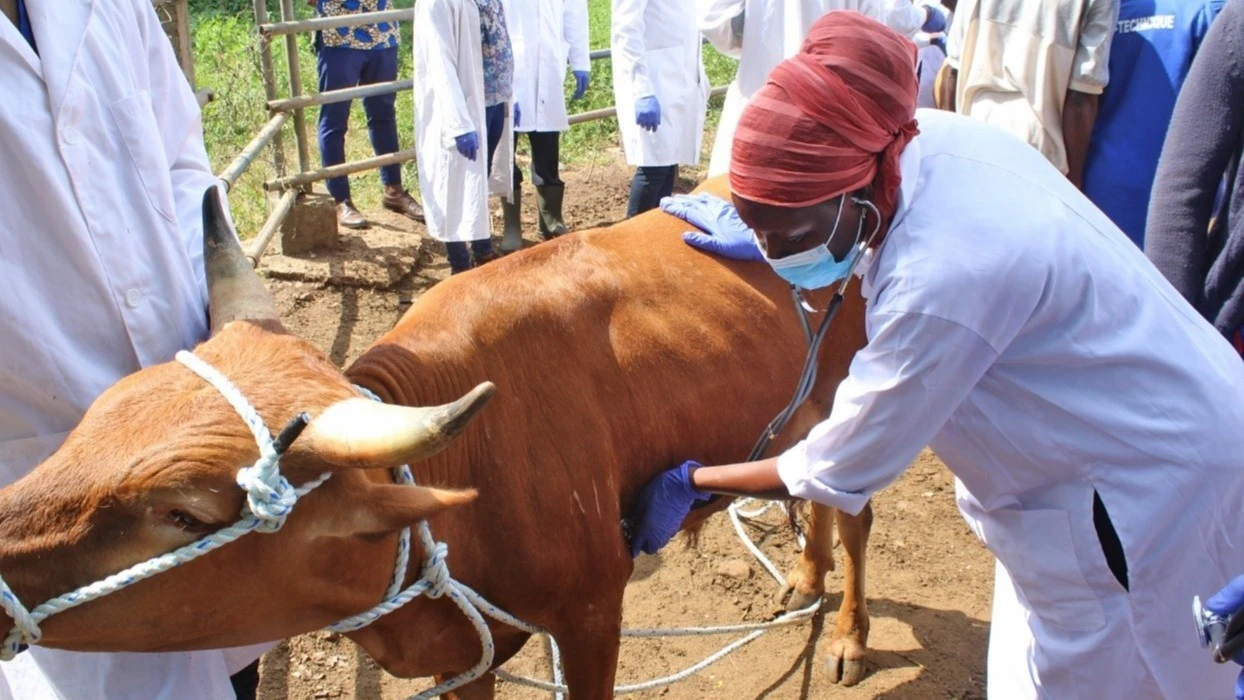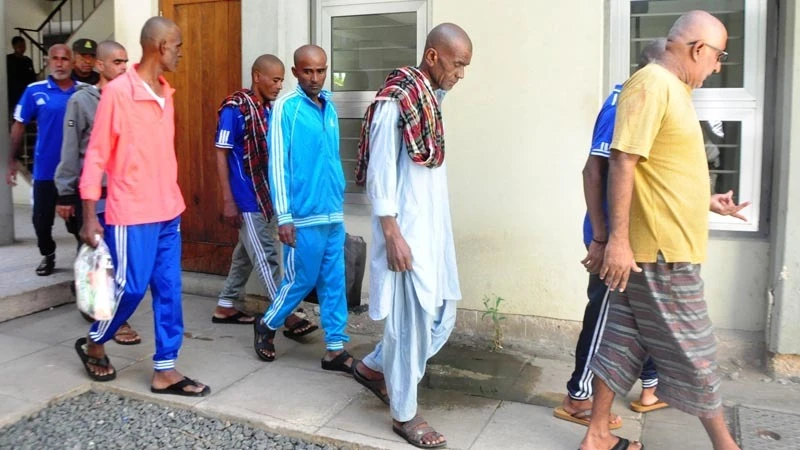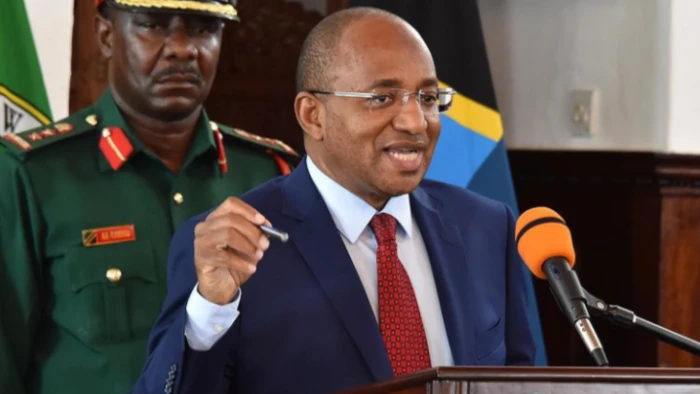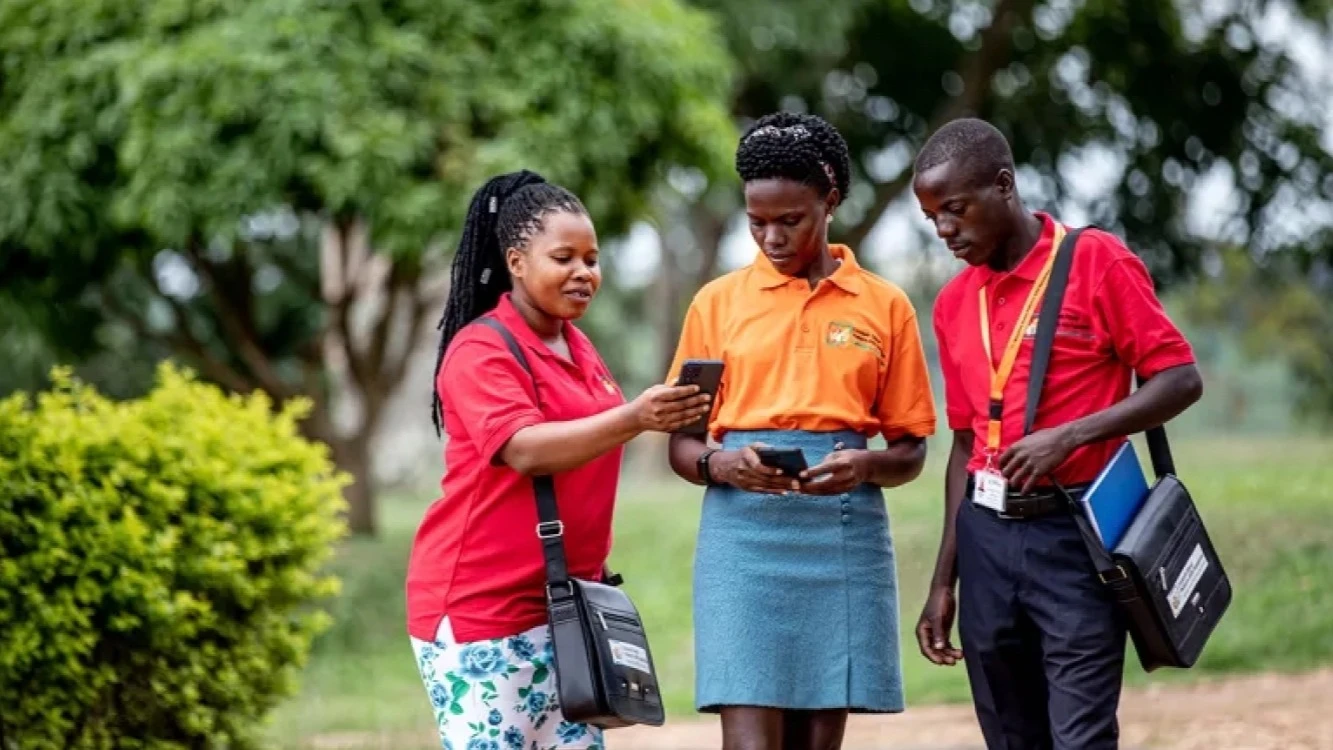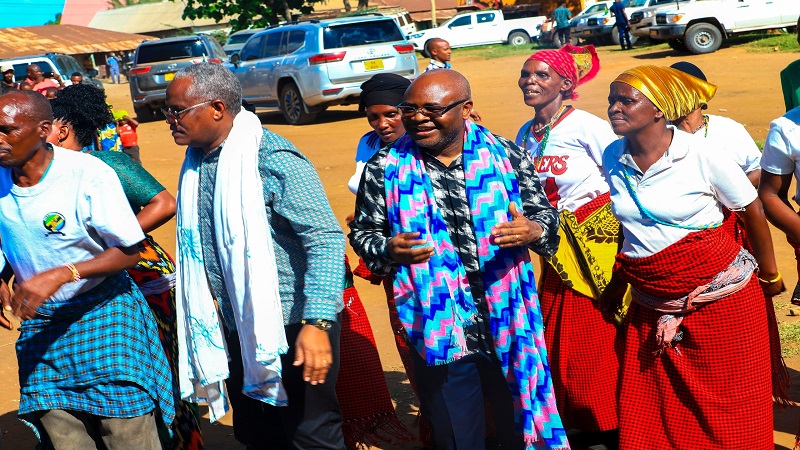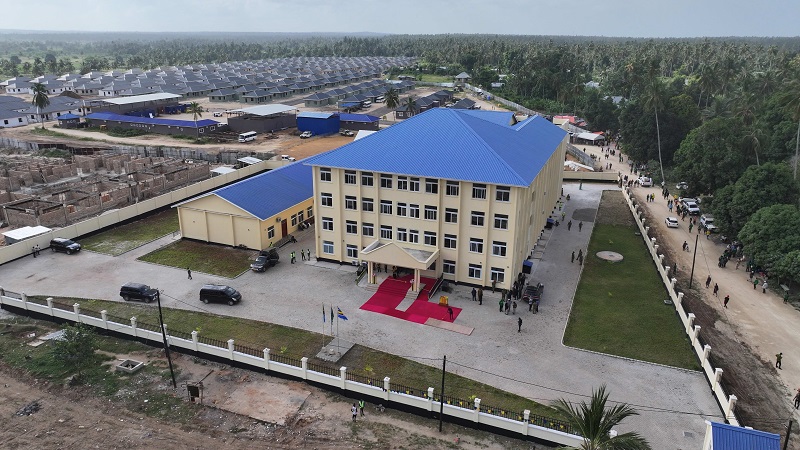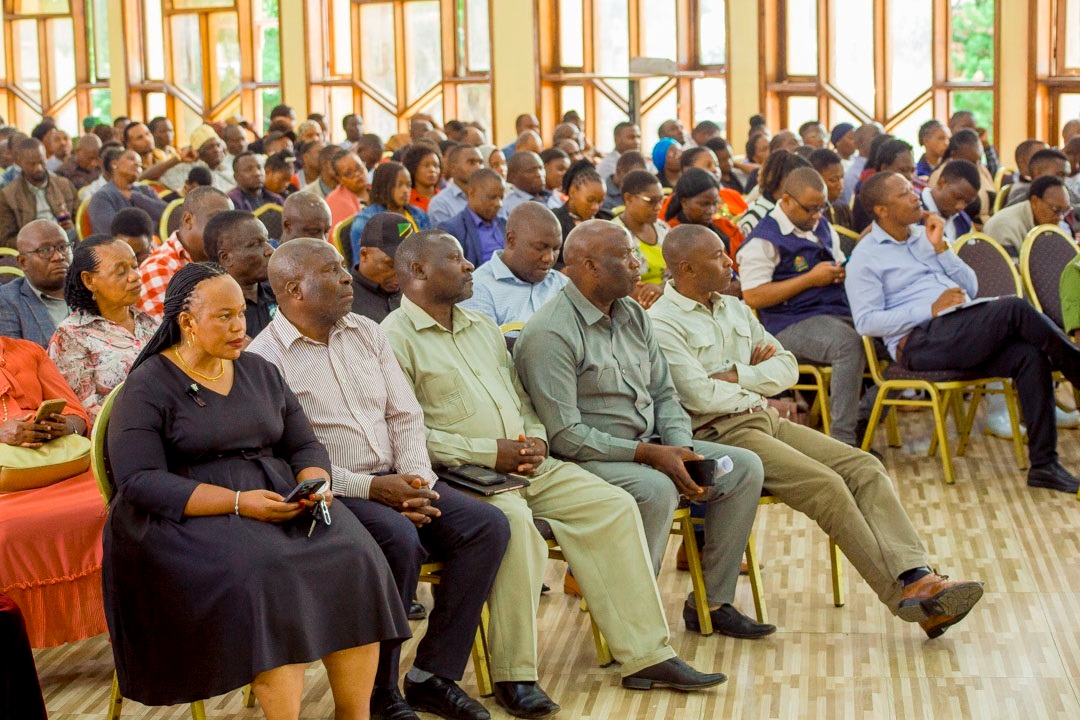At 63, democracy, jobs leading public concerns

EVEN with Tanzania’s role model stability, governance challenges such as corruption, limited political freedoms and inequality are seen by observers and a range of local activists as major drawbacks. Strengthening democratic institutions and accountability is deemed to be critical for sustained development, on the basis of views expressed in recent discussions.
Unemployment, inequality and the impact of global economic shifts are issues which require bold policies and collaboration between the government, the private sector and the citizenry at large.
As Tanzania marks its 63rd anniversary, its Vision 2025 agenda providing a now basically realised roadmap to middle-income economic status, the country prides itself with leveraging its resources, fostering innovation and promoting inclusivity, expecting to build on its achievements and pave the way for a brighter future.
Several leaders extended warm wishes to Tanzania on its Independence Day commemoration, with Chinese resident envoy Chen Mingjian wrote in her X account to congratulate the leadership on that occasion.
Belarusian President Alexander Lukashenko sent a message of congratulations to President Samia Suluhu Hassan, pointing at Tanzania's path of "economic and social reforms, ensuring sustainable growth of living standards."
He emphasized his country’s readiness to collaborate with Tanzania, especially in sectors like trade, manufacturing, agriculture, medicine and tourism. He wished the president good health and success in her leadership, hoping that peace, unity and progress will prevail.
Several embassies posted on their social media platforms wishing Tanzania well as it commemorates 63 years of independence, all of which added to reflections on the nation’s socio-economic achievements, challenges and aspirations.
The union of Tanganyika and Zanzibar in 1964 to form the United Republic of Tanzania partially upstaged independence as to which is the true ‘national day,’ as it happens in various countries, where the national day is overtaken by commemorating a revolution, etc.
Sharing culture and history, the union was enabled by the personal proximity of its independence leaders, with TANU president Mwalimu Nyerere bringing together the leaders of the African Association and Shirazi Association to form the Afro-Shirazi Party in 1957, well before independence.
While it is taken as an expression of the spirit of federation ambient in Africa at the time, and East Africa in particular, the founders wished to have one unified country rather than a federation but opted to exercise restraint to avoid a backlash later.
The 63 years are dominated by the figure of independence leader Mwalimu Julius Nyerere, a graduate teacher and briefly newspaper editor, who was asked by city elders and his peers from student days to lead the new political formation moving from the Tanganyika African Association (TAA) to the Tanganyika African National Union (TANU).
The first two decades were marked by the philosophy of Ujamaa (African socialism) aimed to reduce reliance on foreign capital and control of the main pillars of the economy by foreign companies.
Ujamaa built on pre-existing harmony to instil a sense of purpose in the leadership, with whose ethos those who came later are still struggling to modify in one way or another.
At independence, Tanzania faced significant economic challenges, including reliance on agriculture and minimal industrialisation. Over six decades, the nation has diversified its economy, with sectors such as mining, tourism and manufacturing more visible and stronger poles of development.
Nyerere prioritised education, implementing universal primary education and improving literacy rates, though the level of provision and quality of instruction have remained a thorn in policy reviews and development planning.
Tanzania has made strides in healthcare, sharply reducing infant mortality and combating diseases like malaria and HIV/AIDS. The recent universal health insurance coverage is expected to gradually improve access to essential medical services.
Unlike many African nations, Tanzania has enjoyed political stability since independence. Peaceful power transitions and a strong sense of national identity have helped maintain unity even with a noticeable ethnic and religious diversity.
Over past decade, the government has invested heavily in infrastructure, particularly roads, railways and energy. Projects like the Standard Gauge Railway (SGR) and the Julius Nyerere Hydropower Project are transforming the nation’s connectivity and energy capacity.
Rapid urbanisation in cities like Dar es Salaam, Mwanza and Dodoma highlights the need for sustainable urban planning, balancing urban growth with environmental sustainability.
Tanzania's breadth of natural attractions, from the Serengeti to Mount Kilimanjaro and Zanzibar, and countless other travel spots, has made tourism a vital economic activity. Strategies to enhance eco-tourism and cultural tourism are seen as crucial for sustainable growth.
The industrial sector has grown significantly, partly on account of initiatives to add value to local resources. Industries such as textiles, agro-processing and mining are increasingly vital to growth prospects.
Tanzania is rich in minerals like gold, tanzanite and rare earth elements. With current strategic policies, the government has increased its share of revenue from the sector, benefiting the national economy.
Agriculture, the perennial backbone of the country’s economy, is transforming with mechanisation and commercialisation, while traditional farmers face challenges including climate change and market access.
At the same time Tanzania has remained a key player in regional and international diplomacy, from facilitating the liberation movements of Southern Africa to the present, intervening at least twice to change unstable situations in Uganda in the war with Gen. Idi Amin, and in the Comoros to end a standoff over impertinent holding onto power.
With over 60 percent of its population under 25, Tanzania’s future lies in its youth. Investments in education, entrepreneurship and technology are seen to be the key to unlocking their potential and driving innovation.
Tanzania’s diverse ethnic groups and traditions coexist harmoniously, strengthened by the national language, Kiswahili. This cultural cohesion has been a cornerstone of the country’s stability, with land use challenges and traditional animosities between herders and farmers a problem, and of late, wildlife intrusions casting a shadow of mistrust on whether the government cares for farmers.
Top Headlines
© 2025 IPPMEDIA.COM. ALL RIGHTS RESERVED









